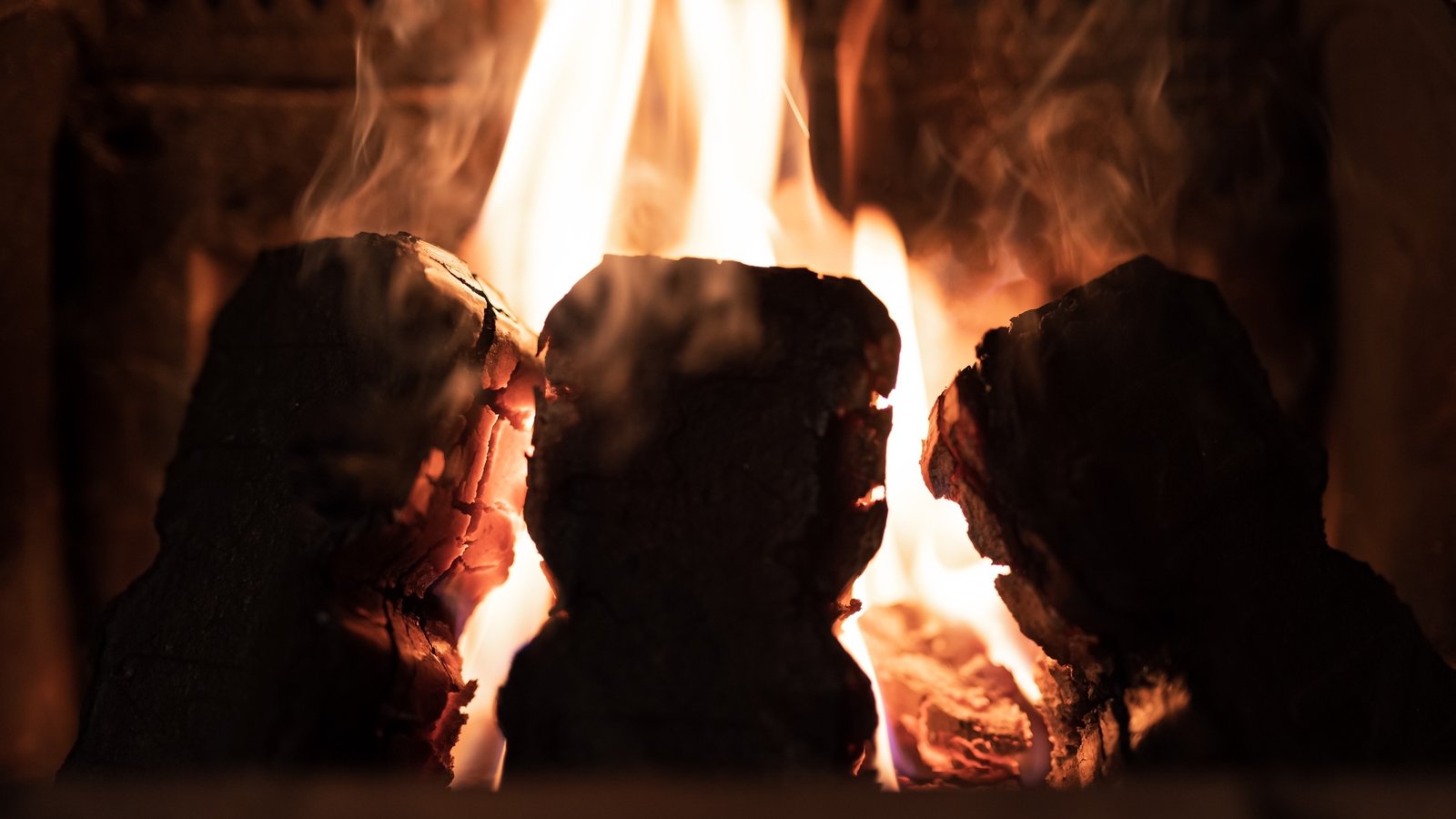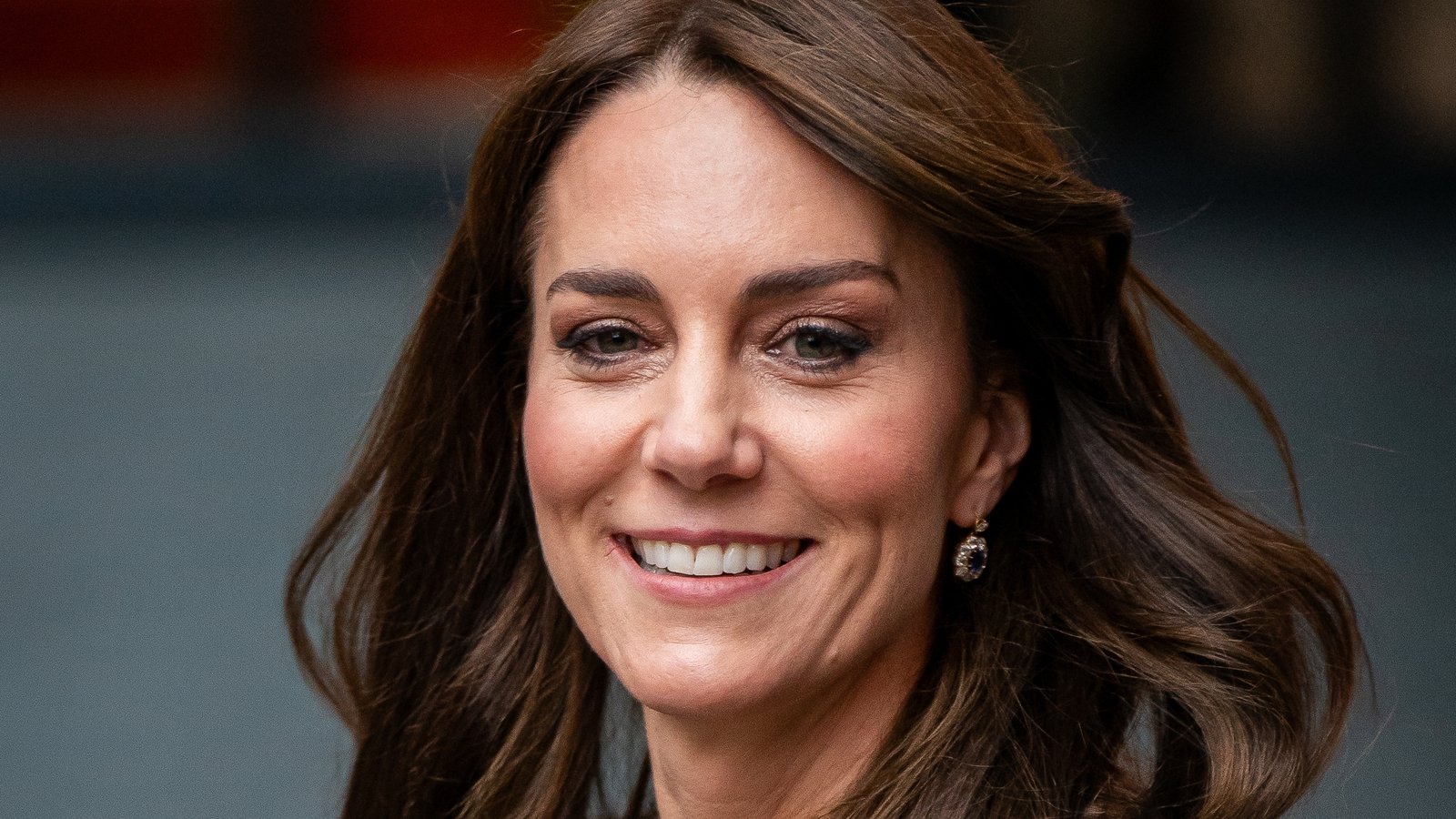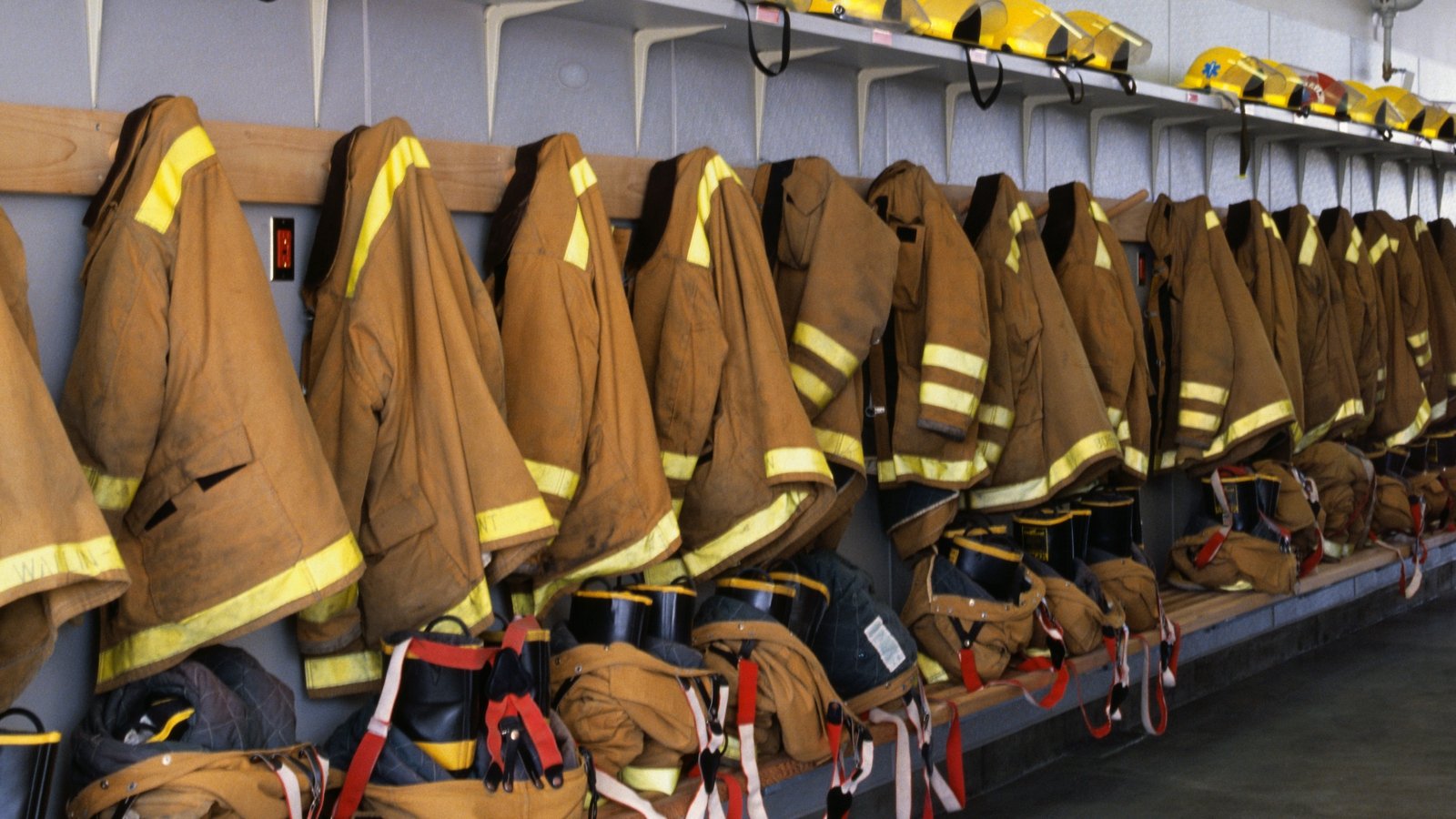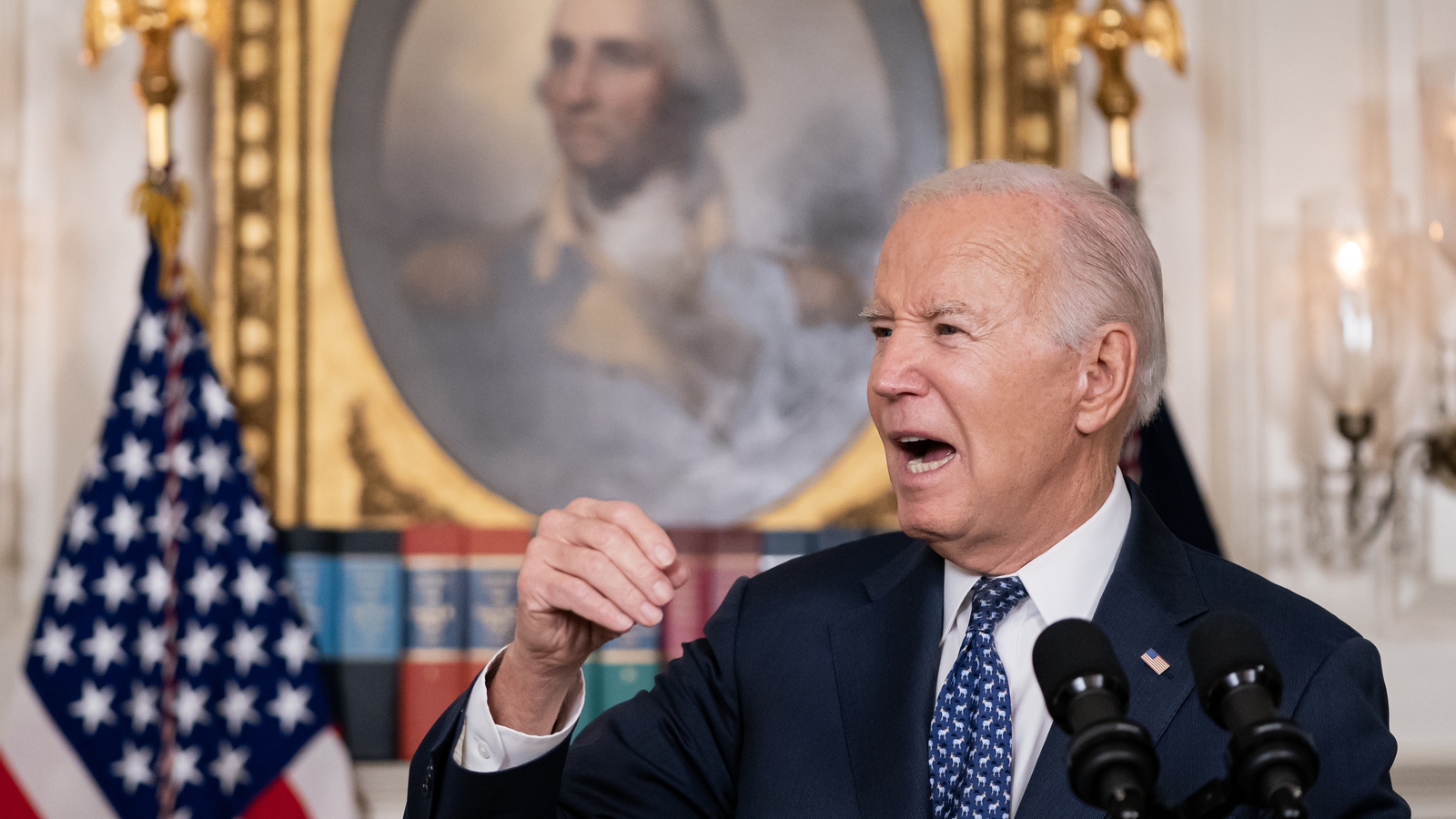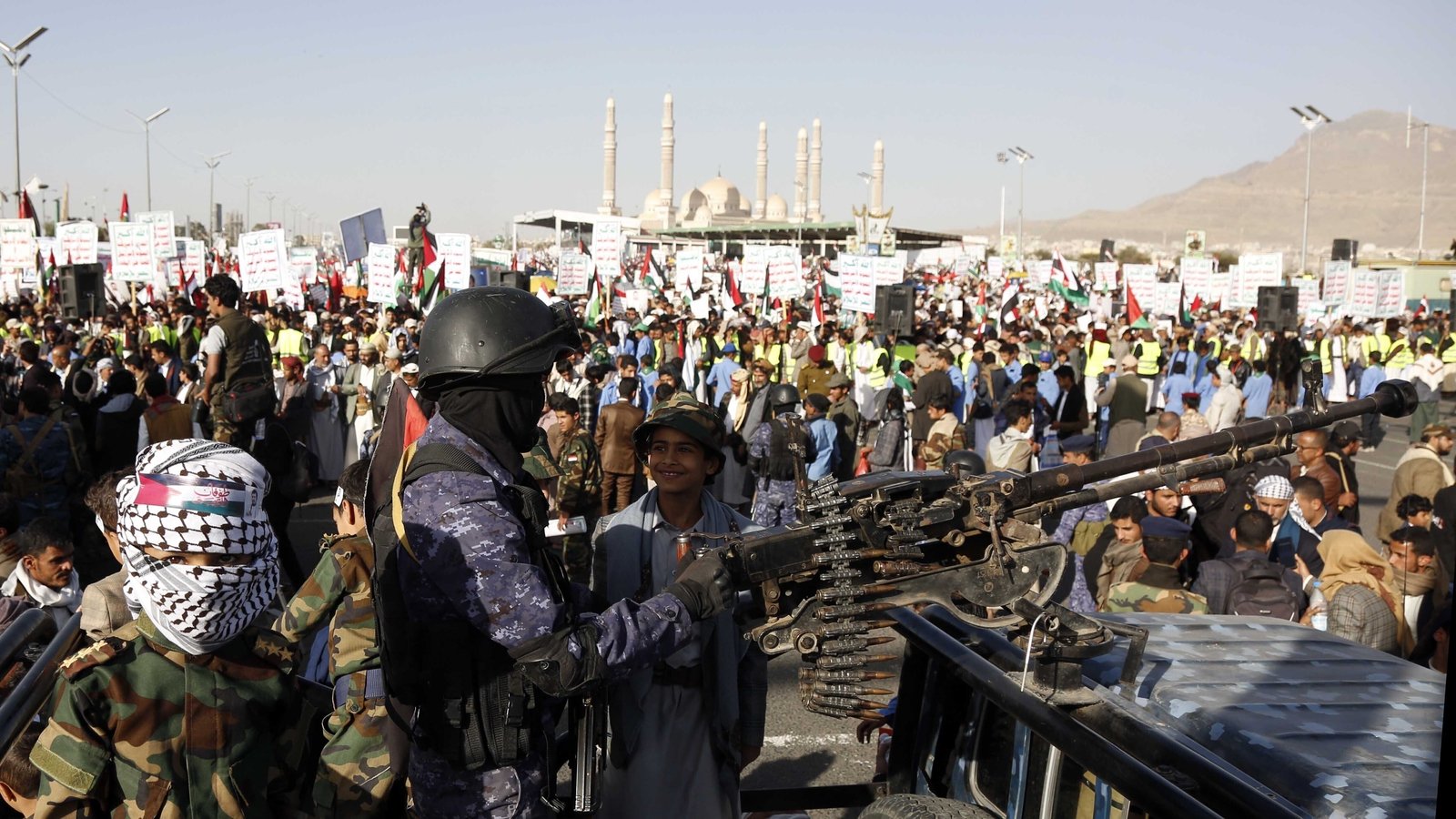France denies Russian claims of possible talks on Ukraine
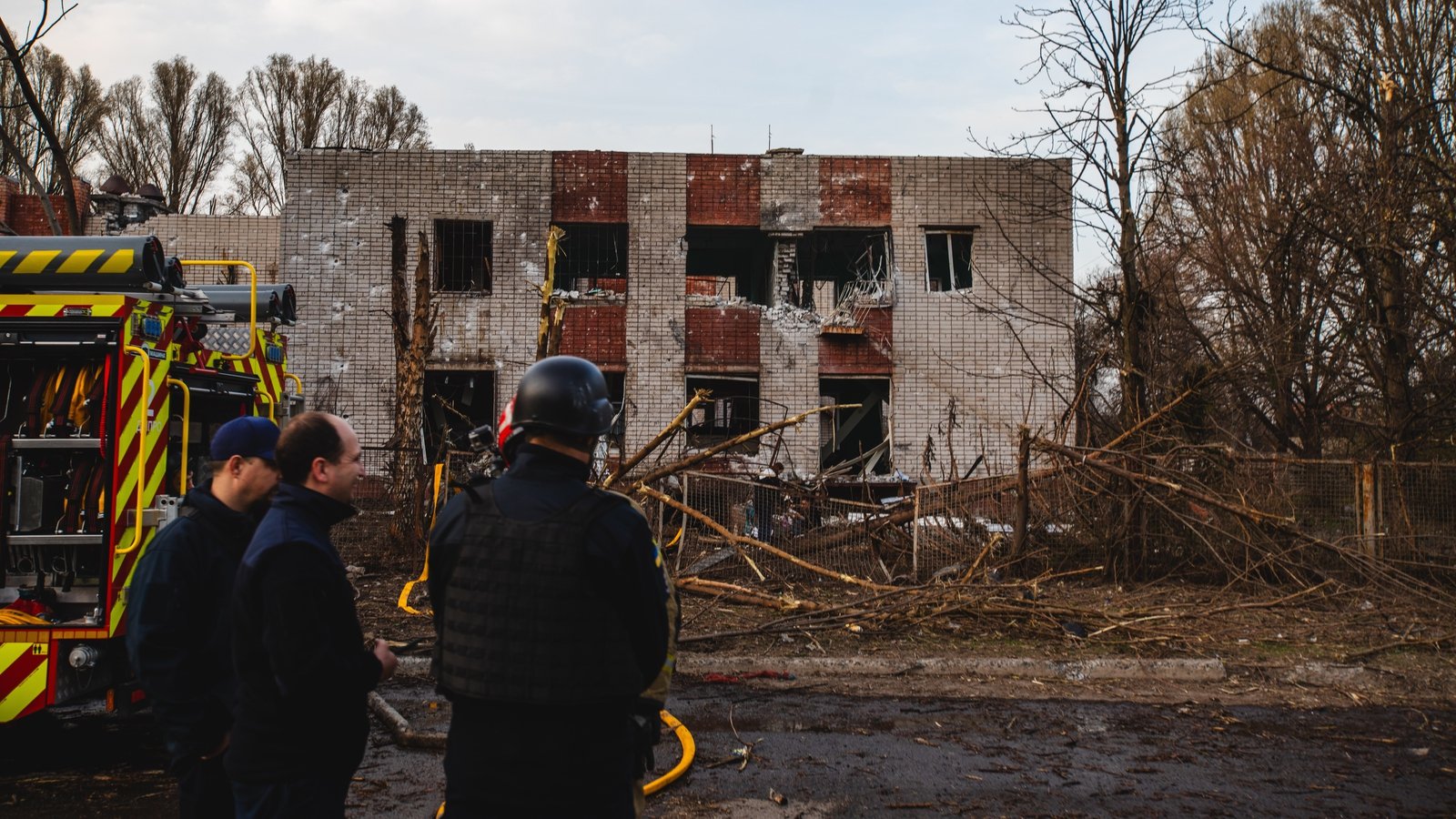
Russian Defence Minister Sergei Shoigu and French counterpart Sébastien Lecornu discussed the potential for talks on the Ukraine conflict during a rare telephone call, Moscow’s defence ministry said, a claim Paris denied.
The call, which Moscow said was initiated by Paris, marks a rare instance of high-level contact between the two countries, whose ties have been strained by the war.
“Readiness for dialogue on Ukraine was noted. The starting points could be based on the Istanbul peace initiative,” the Russian defence ministry said in a statement on the call.
The ministry did not elaborate on what it meant.
A source close to Mr Lecornu denied such a conversation took place.
“France neither accepted nor proposed anything of the sort” on the conflict, the source told AFP.
NATO member Turkey said last month it was ready to host a peace summit between Russia and Ukraine, but Kyiv has pushed back at the idea of negotiating directly with Moscow.
Mr Shoigu also criticised Paris for signalling that Western soldiers could be sent to Ukraine, after French President Emmanuel Macron in February declined to rule out putting boots on the ground.
“With regard to the Elysee Palace’s statements about sending a French contingent to Ukraine, Sergei Shoigu pointed out that if they were implemented in practice, it would create problems for France itself,” Russia’s defence ministry said.
Meanwhile, NATO allies have agreed to initiate planning on long-term military support for Ukraine, but a proposal by NATO Secretary General Jens Stoltenberg to do so via a €100 billion five-year fund drew mixed responses.
Mr Stoltenberg’s proposal would also give the Western alliance a more direct role in coordinating the supply of arms, ammunition and equipment to Ukraine as it fights Russia’s invasion.
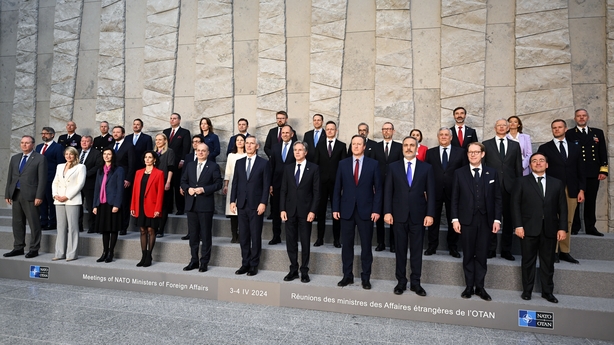
Under the plans, NATO would take over some coordination work from a US-led ad-hoc coalition known as the Ramstein group, a move designed in part to guard against any cut in US support if Donald Trump returns to the White House, diplomats said.
“We need to shift the dynamics of our support,” Mr Stoltenberg said.
“We must ensure reliable and predictable security assistance to Ukraine for the long haul … less on short-term offers and more on multi-year pledges,” he added.
He said the aim was for a decision to be taken at a July summit of NATO member states’ leaders.
Until now, NATO as an organisation has focused on non-lethal aid for Ukraine out of fears that a more direct role could trigger an escalation of tensions with Russia.
Its members have provided billions of dollars in arms on a bilateral basis.
Diplomats said there was a growing view within NATO that it was time to put military aid to Ukraine on a more sustainable footing and NATO was best placed to do that.
But they said it was unclear whether the €100 billion figure would be accepted or how it would be financed.
NATO decisions require consensus among its 32 members.
Initial reactions from across the alliance signalled a decision may not be easy.
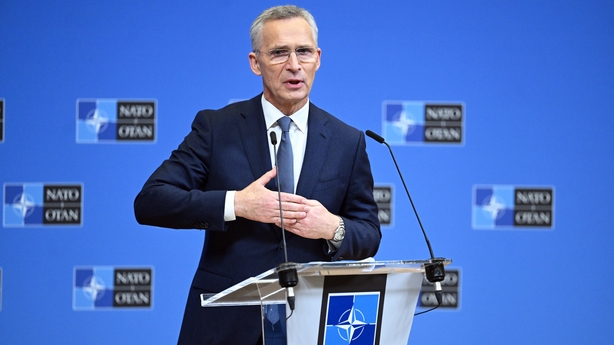
Hungarian Foreign Minister Peter Szijjarto “firmly stated Hungary will not back any @NATO proposals that might draw the alliance closer to war or shift it from a defensive to an offensive coalition,” government spokesman Zoltan Kovacs said on X.
Mr Stoltenberg said having a more robust NATO framework would not change the alliance’s defensive nature, adding that he was confident that Hungary’s concerns could be addressed in the coming weeks.
German Foreign Minister Annalena Baerbock described the plan as “right and important”.
Latvian Foreign Minister Krisjanis Karins also welcomed it, suggesting contributions could be a percentage of each member’s GDP.
Other ministers said they needed to look at the details, including how it would be funded.
Privately, some officials were more blunt.
“NATO has no budget or ways to raise such money,” one diplomat said.
Ukrainian Foreign Minister Dmytro Kuleba called for fresh funding commitments, not simply the repurposing of existing pledges.
Meanwhile, Russia said NATO had returned to a Cold War mindset as the alliance marks its 75th anniversary this week.
US Secretary of State Antony Blinken, who will attend the meeting, said in Paris yesterday that NATO was looking at measures that could serve as the “necessary bridge” to membership of the alliance for Ukraine.
NATO has stated that Ukraine cannot join while it is at war with Russia but that it will become a member at some point.
“Ukraine will become a member of NATO. It is a question of when, not if,” Mr Stoltenberg said.
The meeting comes as NATO is seeking a new leader to succeed Mr Stoltenberg, who has been in post for nearly ten years.
Dutch Prime Minister Mark Rutte has the backing of a some 90% of NATO members for the job – including the United States, France, Britain and Germany – according to diplomats.
But he faces opposition from Hungary – which objects to his criticism of Prime Minister Viktor Orban’s government – and a late challenge from Romanian President Klaus Iohannis.

